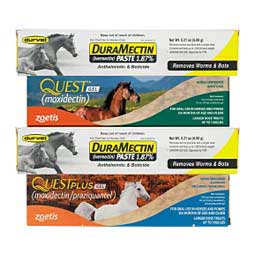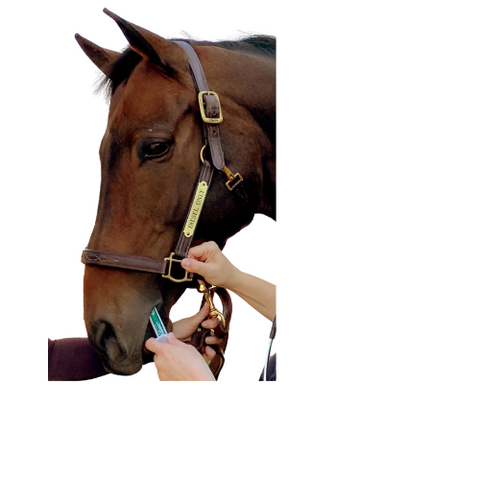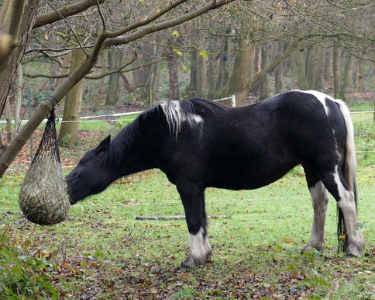Author: Michelle Jennings, The Mill Equine Nutritionist
Reduce Parasite Reproduction and Contamination of the Environment by Creating a Deworming Program.
The Problem:
Parasites are becoming resistant to current deworming products. This causes de-worming products to be less effective. Horse health can be adversely affected by a heavy parasite burden (colic, chronic coughing, poor keeper, poor performance, unthrifty, internal organ damages, etc.).
How Has This Happened?
- Overuse of deworming products
- Inappropriate use of deworming products
- Not knowing what parasites were present when deworming
- Deworming according to the calendar
- Treating all horses the same when deworming
- Many other factors affecting grazing practices and pasture management
These are just a few of the major contributing factors.
What Can We Do?
Performing fecal egg counts on a regular basis and tailoring your deworming program based on these results is the single most important thing you can do to improve your parasite control strategy. Treat with the right drug, at the right dose, at the right time, in the right horse.
There are Three Classes of Dewormers:
- Benzimidazoles (Fenbendazole, Oxibendazole)
- Pyrantel (Strongid)
- Macrocyclic lactones (Ivermectin, Moxidectin)
Make Sure the Proper Dose is Given
Here is a Way to Estimate your Horse’s Weight
- Measure heart girth (directly behind elbow)
- Measure body length (from point of shoulder to point of buttocks)
- girth X girth X length ÷330 = body weight
Consult your veterinarian if there are any questions concerning your horse’s fecal egg count results and recommendations about your deworming program.
_______________________________________________________________
Balancing the Equine Diet Based on Forage Quality
Testing your hay will help you to know what to put into your feed bucket. All hay is not created equal and will often vary in nutrients depending upon when it is cut, the weather, the soil conditions, and differences in fields. Hay analysis can give us specific nutrient values to work with and help us better balance the horse’s diet. Testing will allow us to understand the overall quality of the hay and how it fits into the total diet.
Balancing a Horse’s Diet is Generally Done in the Following Order:
- Digestible Energy (DE)
- Protein
- Minerals & Vitamins
Balancing DE in the Equine Diet
We must remember that calorie recommendations are just that – each horse is an individual and we need to feed them according to their body condition. I have included the calorie requirements below. These calorie requirements are designed for the horse’s total diet. We need to keep in mind that when looking at calories for the horse it is important to always keep age, work level, and breed in mind.
Daily Digestible Energy Requirements for the Average 1,100 lb. Horse:
- Maintenance Horse – 16,500 kcal/day
- Gestation – Final Trimester – 21,000 kcal/day
- Lactation – 1stMonth – 32,000 kcal/day
- Heavy Work – 27,000 kcal/day
- Moderate Work – 23,000 kcal/day
Here is a Quick Example of Balancing Forage DE in the Diet:
1,100 – Horse in moderate work requires – 23,000 kcal/day
Average “Grass Hay” contains – 909 kcal/lb
The horse will eat 1.5 -2% of Body Weight a day in forage or between 16.5 -22 lbs. of hay/day
- 1100 x 1.5% (or .015) = 16.5 lbs hay fed
- 16.5 lbs hay x 909 Kcal/lb = 14,998 Kcal/day from hay (22 lbs = 19,998 Kcal)
- To meet energy requirements, the horse would need to consume 23.5 lbs of hay/day
This horse will not receive enough calories from hay alone. This does not include protein, vitamins, or minerals. In this example, it would be necessary to supplement this horse's diet with grain/concentrates to meet calorie requirements.
Balancing Protein in Diet
When balancing protein it is important to balance the total diet, not just the protein in your forage or grain concentrate. While balancing for total protein in the diet is important, it is really the amino acids that the horse requires. Amino acids are essential protein building blocks for nutrient absorption and utilization. It is important to check your feed tag for lysine and methionine as they are the first 2 limiting amino acids, which help to ensure good hoof quality, muscle maintenance and repair, hair coat, and overall topline condition.
Here is a Simple Calculation to Determine the Overall Total Protein in Your Horse’s Diet:
(LBS of Hay x % of Protein) + ( LBS of Grain x % of Protein) )/Total LBS fed ( hay + grain) = Protein in TOTAL DIET
Equine Protein Recommendations in the TOTAL Diet:
- Foals 16%-18%
- Weanlings 14%-16%
- Yearlings 12%-14%
- Mature Horse 10%- 12%
- Lactating Mare 12%-14%
Example in a Yearling Diet:
- Protein requirements – 12%-14%
- 1-2% body weight in Hay – 8-16 LBS/day
- Average Grass Hay – 10.8% protein
- Grain – 4LBS/day of a 12% Concentrate
- ( (16LBS x10.8) + (4LBS x 12%)/(16+4) = 11.04% ( this diet is deficient in protein)
- Need to increase the diet’s concentrate
Balancing Minerals & Vitamins
Horses that are fed forage only diets ( hay & pasture) are almost always found to be deficient in the recommended minerals and vitamins. Most forages have significant variations in their vitamin and mineral content leaving horses with the same inconsistency in their total diet. These deficiencies will typically manifest themselves over time into poor hair and hoof quality, as well as general lack of condition in the horse. These visible signs might be good indications that your horse has a mineral or vitamin deficiency or imbalance within their diet, but sometimes deficiency can go unnoticed for months or even years. Over time, deficiencies that are not addressed can cause your horse to be more susceptible to serious diseases, health conditions, and decreased longevity.
It is very important to remember not to rely on just forage to ensure a balanced diet for your horse. All horses require a concentrate or a supplement in addition to their hay.
Interesting Facts
- 20% of the horses harbor 80% of the parasites
- Deworming according to the calendar encourages parasite resistance
- Not all horses are equally susceptible to parasite infection
- Removing feces from the environment before eggs become infective provides parasite control that is superior to deworming
- New additions to a herd can introduce resistant strongyles to a previously “clean” population
- More than 150 different parasites can infect horses (only a small number pose a real problem for horses)
- The most important parasites (the big 4) to target are roundworms, large and small strongyles, and tapeworms
- Younger horses are more prone to problems associated with parasites and should be treated differently than adult horses
- The active ingredient in dewormers influences the interval between deworming times
- Horses pastured with donkeys are more likely to harbor lungworms and should be treated accordingly
